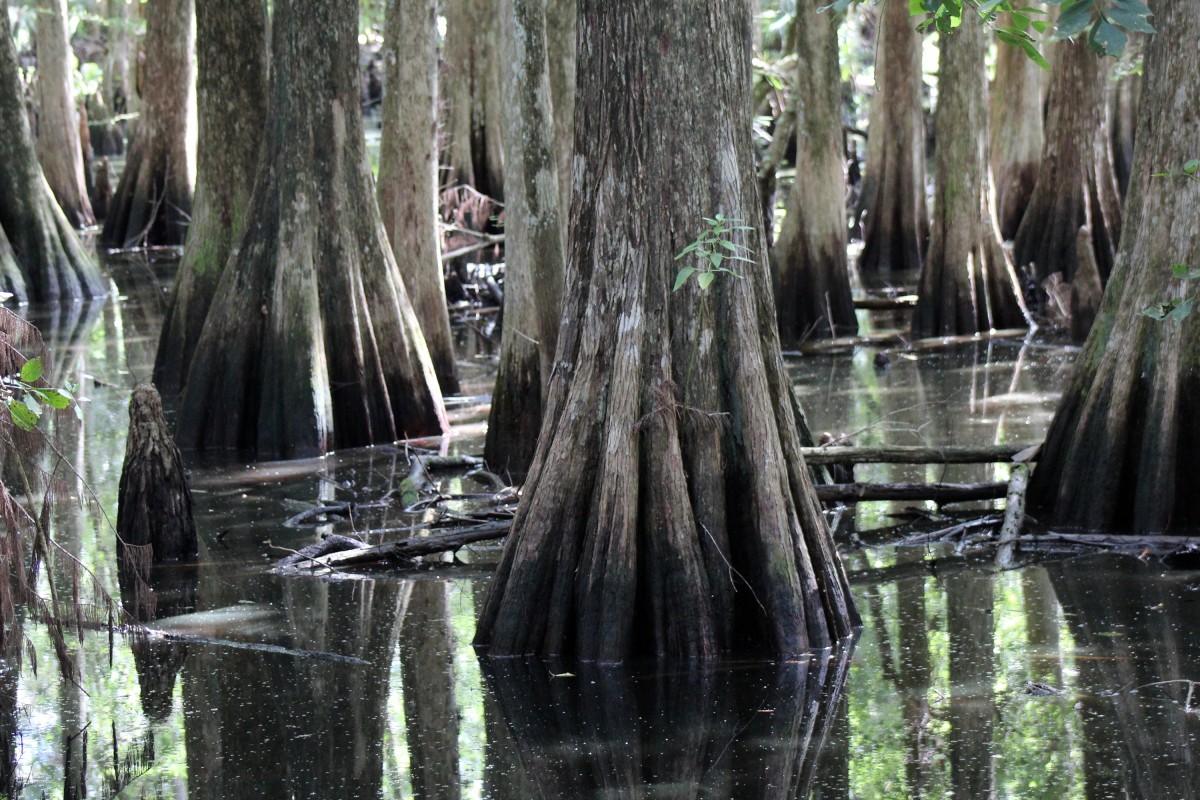OPINION: Permanently protect the USF Forest Preserve

USF Interim President Rhea Law announced in a universitywide email Feb. 8 that the university will not be moving forward with the development of the USF Forest Preserve at this time. While this is a fantastic development, there is still more to be done.
The university should adopt a conservation easement of the forest preserve so it will never be in jeopardy again.
A conservation easement is a “voluntary, legal agreement that permanently limits uses of the land,” as defined by the National Conservation Easement Database.
If this were put into place, the land would never be developed. The forest preserve would be protected permanently and the university could not go back on it when a more profitable option comes along.
The preserve is an invaluable resource for teaching and research. The USF College of Arts and Sciences lists more than 10 classes that regularly use this land, including various ecology, herpetology and biology courses. These students have the chance to gain valuable hands-on experience without having to travel more than a few minutes from campus.
Christian Brown, graduate student in the Department of Integrative Biology, frequently uses the preserve for research. Brown visits about once a week for teaching and research, and he knows how important it is to protect this land.
“It’s the perfect natural laboratory,” Brown said in a Feb. 16 interview with The Oracle. “There’s nothing else like it. Once you develop it you can’t go back.”
The land is also home to many different species of endangered and threatened animals, according to the April Request for Information (RFI). These include the gopher tortoise, sandhill crane and fox squirrel. Researchers have the chance to see and document these animals in their natural habitat and even learn ways to better conserve them.
These animals should be protected. Instead, USF was exploring ways to destroy their home. There are only so many of these animals left and it would be irresponsible for the university to disregard them to develop the preserve.
While USF has announced it is not going to develop the property now, this is not a permanent solution. University leaders could reinitiate the process at any time and develop anything they think would bring revenue to the school.
“There was a train barrelling toward us,” Brown said. “USF has stopped the train, but the tracks are still in place.”
USF leaders claimed in the RFI that development of the property could benefit the university, but they overlook the incredible benefits it already provides. A conservation easement would ensure that future administration doesn’t make this same mistake and reconsider development.
The USF website even said, “We are trying to preserve nature here, not run it over.”
Administration should stand by that and take steps to preserve the land. The USF Forest Preserve is a valuable resource for the entire community, and it needs to be permanently protected.







